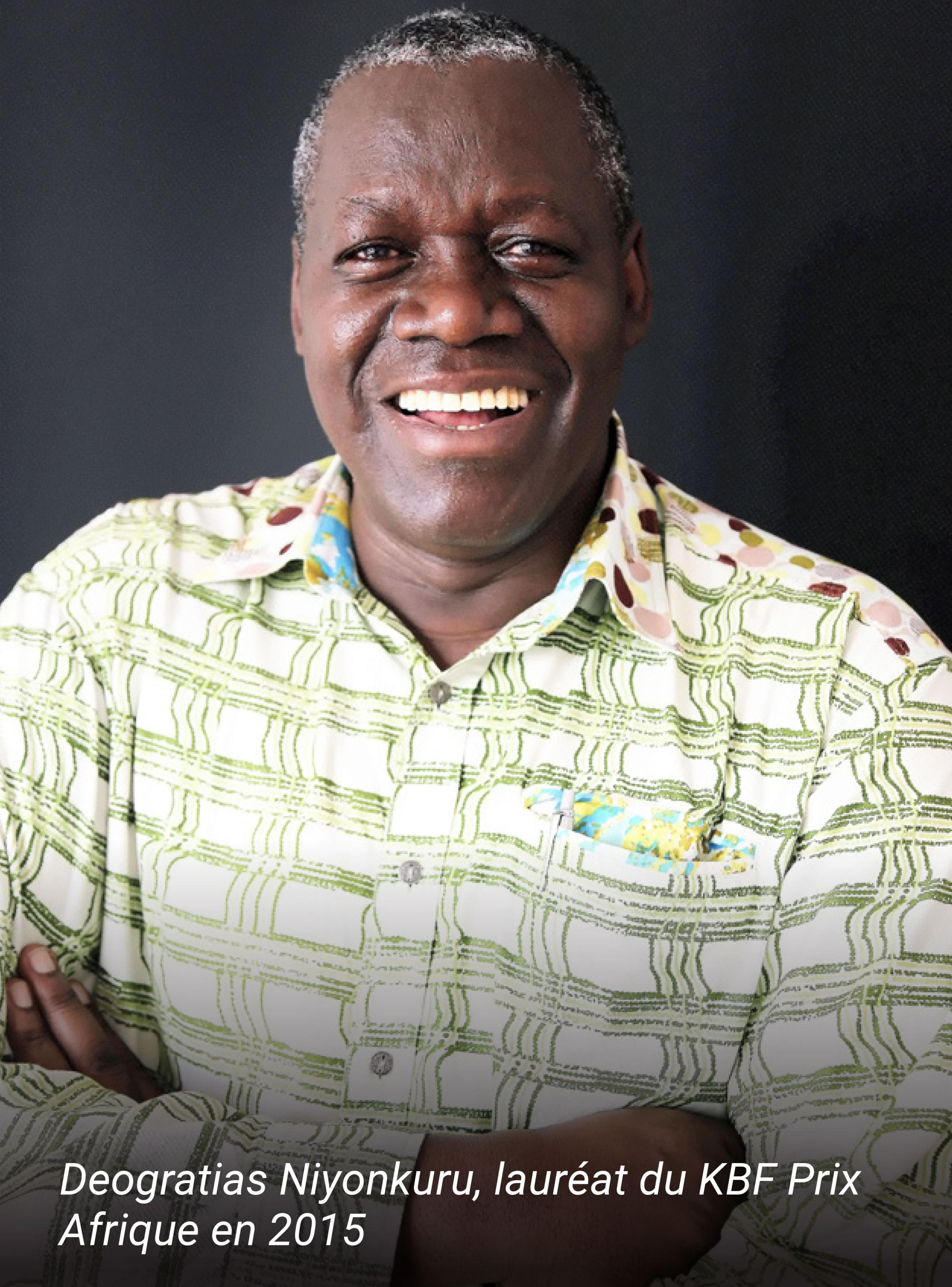
The experience that led to the role of liaison officer in Africa
A former winner of the KBF Africa Prize and a long-standing partner of the King Baudouin Foundation, Deogratias Niyonkuru is the inspiration behind a new role in the Foundation's priority countries in Africa: liaison officer. In the DR Congo, Senegal, Benin, and Burundi, others have now taken up the baton. Deogratias Niyonkuru explains the origins of a role that is essential to identifying, supporting, and accompanying local partners.
How did you first come into contact with the King Baudouin Foundation?
"Adisco, the organisation I founded in 2006, works on building social movements and supports cooperative and mutualist movements. Our ambition was to create a movement of young entrepreneurs, and in 2012 a call for projects from the King Baudouin Foundation, aimed specifically at this target group in the Great Lakes region, caught our attention. We applied with a small project to help young people grow fruit and were selected. Before that, I didn't know the Foundation, I thought it was just another funder. It was only gradually that I realised that this is not a 'classic' development organisation - philanthropy means something quite different. I was accustomed to the sort of monitoring and evaluation required by the usual players in international cooperation. In this case, however, no extremely complex reporting framework was imposed. The Foundation works more flexibly and adaptively. Our projects grew, and this funding from the KBF helped to give them credibility and to mobilise other funding organisations on the training of young people. In 2015, we were awarded the KBF Africa Prize (Editor's note: This prize is awarded every two years to an African organisation that contributes to improving the lives of people in Africa in a sustainable way).”
How did you come up with the idea of a local intermediary?
"I was no longer working for Adisco; I had become a strategic development consultant for various organisations. The King Baudouin Foundation was looking for an intermediary, initially in relation to the coffee sector, where some complications had arisen, and I was one of the people well placed to understand what was going on. I'd already worked on a wide range of issues, also in Cameroon and the DR Congo, so I had knowledge of a very broad spectrum of aspects of rural development. Initially, I didn't have any specifications and my mission was based on trust. Even the job title changed: first I was a local advisor, a consultant for specific missions, then I became a liaison officer.”
What are the responsibilities associated with this role?
"The liaison officer has to keep an eye out for interesting initiatives in the sectors covered by the Foundation, and pass on proposals to the Management Committee in Brussels, which is responsible for decision-making. It requires an enormous amount of integrity - some people see you as a funder (which you're not!) and I've even experienced attempts at bribery.
One of the most important factors in selecting a project is the commitment of the people behind it, their passion for the work they want to do. That's certainly the best sign that it's their initiative and that they're going to make it happen.
The liaison officer then monitors the funded projects, providing advice and support, and visiting them several times. That's the part I enjoy the most. You meet people who are dynamic and you can help to make them stronger. There is also a verification function: if the resources are not being used properly, you sense it, you ask questions... and then you report it to the Foundation, which decides to stop or to send an auditor. The agent officer must show courage if necessary by calling out any issues. In Africa, we are often rather complacent, but we shouldn't be. That also makes you a target, and you have to accept that. It's easy to be accused of favouritism, tribalism... You have to document the facts, backed up by figures if possible, etc."
What qualities do you need to do this job?
"Without hesitation, the essential quality is integrity. It is, after all, a complex job. Then you need to be curious. To be open to the world of development, to take part in debates on these issues, to gather information, to have a great capacity to listen to communities, to see how they perceive their economic and political environment. You need to be truly multidisciplinary, have real experience in the field and have expertise in monitoring and evaluation"
"You need integrity and curiosity."
About Liaison Officers in Africa
Inspired by the experience of Deogratias Niyonkuru, the King Baudouin Foundation developed the role of liaison officer in the African countries most directly involved in its International Programme. The Foundation now has five officers based in the DR Congo, Senegal, Benin, and Burundi.
Other stories
Inspiring engagement!
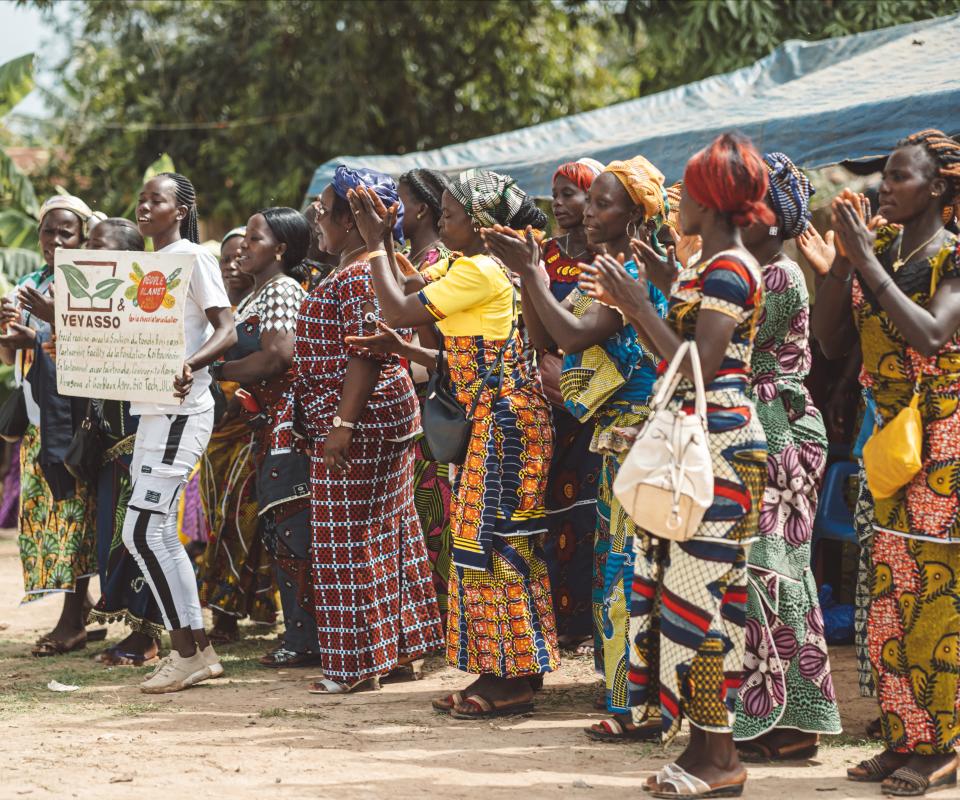
Yeyasso, the Ivorian cooperative where all hopes are allowed
Europe and International
“Yeyasso differentiates itself through its added value. We aim to become organic, equitable, carbon neutral, with no child labour and with zero deforestation.”
Other press releases
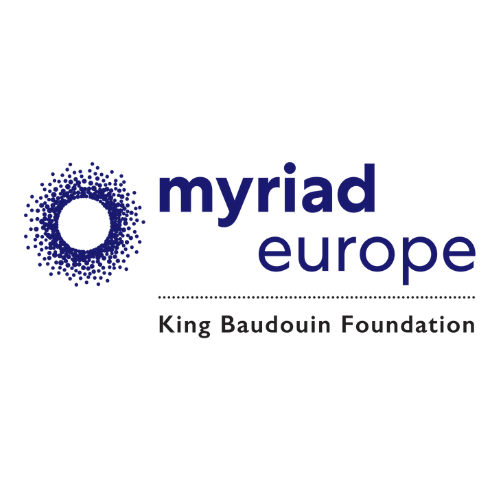
Unlocking the potential of international philanthropy
The King Baudouin Foundation launches Myriad Europe, marking its commitment to unlocking the full potential of international philanthropy in association with its partners in the …
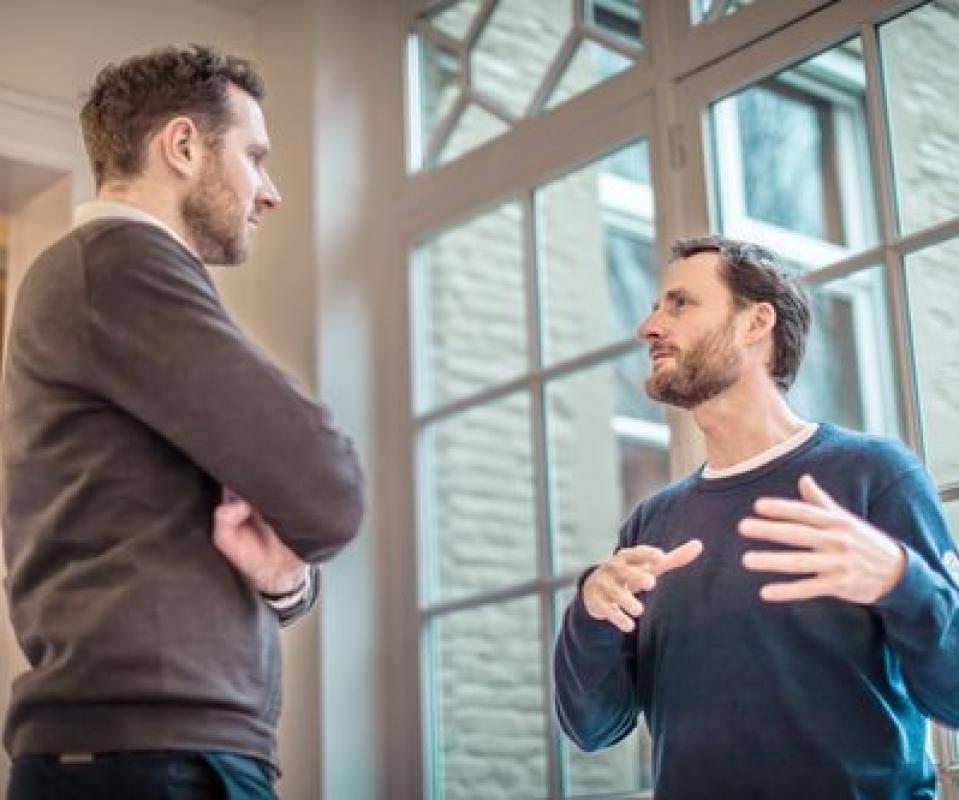
Protect Humanitarians: an alliance aimed at strengthening protection and support for humanitarian actors in the field
Protect Humanitarians: an initiative aimed at strengthening protection and support for humanitarian actors in the field, launched by Olivier Vandecasteele, with support of the Ki…
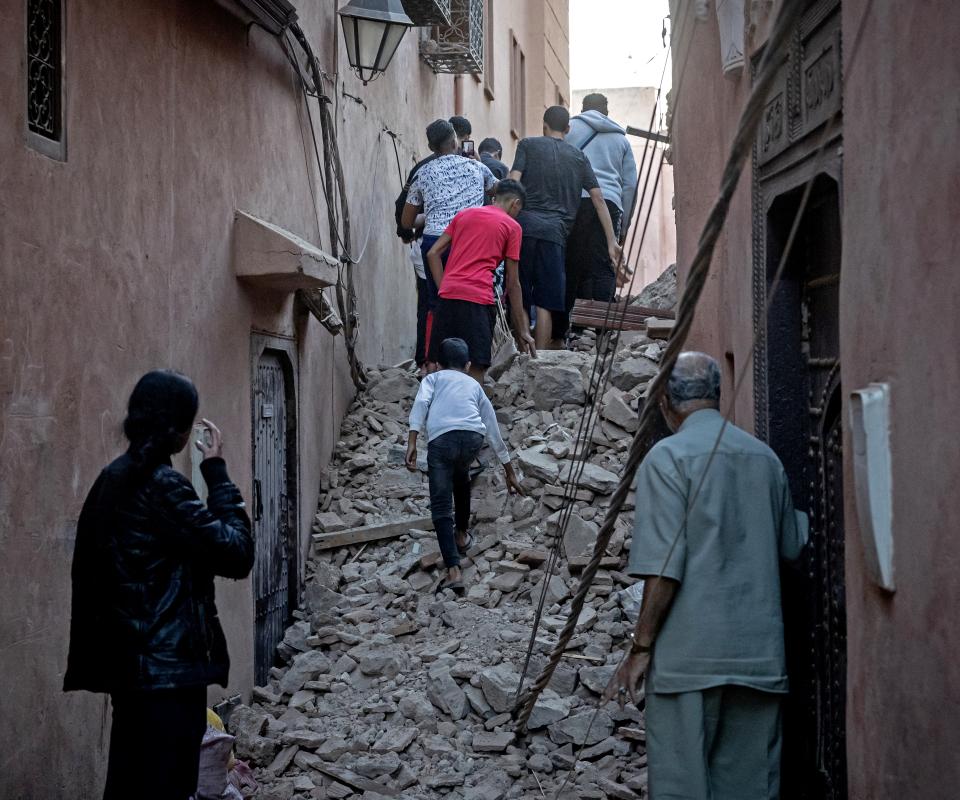
Earthquake in Morocco: solidarity with the victims
Morocco earthquake' donors' circle for emergency humanitarian aid.